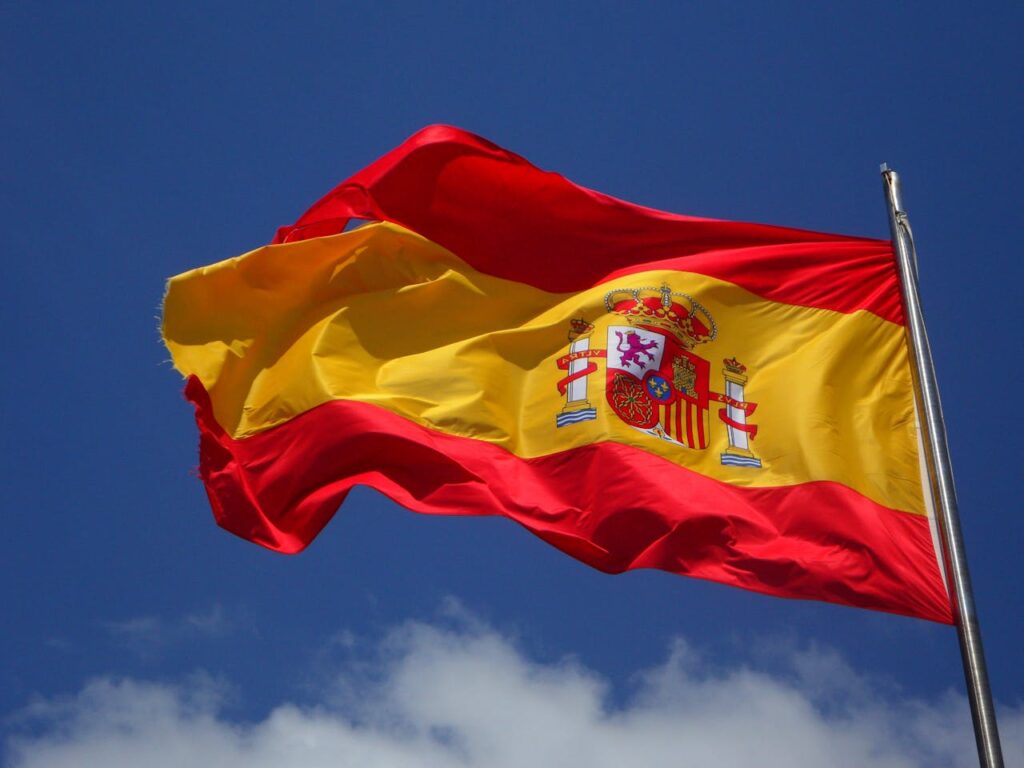It is not unusual that the European Union provides grants and financial assistance to its member countries in order to support businesses and self-employed workers face possible challenges during times of uncertainty and crisis. In the specific case of Spain in 2023, the Council of Ministers has requested to Brussels more than 90,000 million euros extra for the Plan of Recovery, Transformation, and Resilience. Of this sum, almost 8 million will be allocated to funds of non-repayable aid, distributing among various ministries and public agencies for further distribution to the citizens.
An analysis by the Center for Economic Policy of the ESADE business school (2022) reveals that approximately one third of these subsidies are allocated to small and medium-sized enterprises (Smes) and individuals, which equates to about 10 million. This could indicate that this segment of the Spanish economy receives no more than 20% of the total aid provided by the European Union. With a limited budget, it can be said that Smes face considerable limitations to the access to public funding, because the opportunities to obtain these grants are also restricted.
As a country member, businesses and self-employed workers in Spain enjoy certain advantages, such as access to a range of assistance programs and funding. However, due to the widespread ignorance of these funds, lack of first-hand information about it.
In addition to this lack of knowledge, the main obstacle that complicates these processes is the classification of the funding programmes. These can be categorized in direct funding (managed by the European Commission) or indirect funding (led by the authorities), and depending on its origin, application procedures vary, as the necessary information and tools required to carry out such processes. These disparities are commonly generated confusion among the non-specialist audience and raise the risk of making mistakes that could invalidate requests.
By way of example, last year, the Spanish Confederation of Young Entrepreneurs (CEAJE) expressed criticism about the complexity and lack of accessibility of some of the processes to access the support.
That is why companies such as ImpulsaSubvenciones have been proposed to simplify and manage these procedures more effectively, freeing the applicants concerns and improving their chances of obtaining grants desired.
